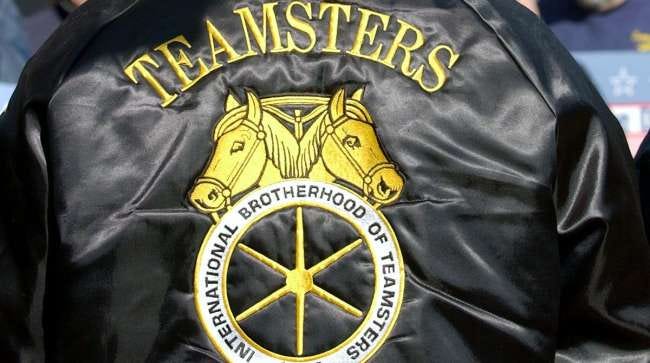04/09/2024: A Very Fun Cemex Bargaining Order
Coercive rules under Thryv.
Brown-Forman Corporation, JD-21-24, 09-CA-307806 (ALJ Decision). After the union began employee organizing, the employer implemented a $4/hour across-the-board wage increase, changed policies to allow new and recently promoted employees to be eligible for annual merit increases with retroactive pay, ended a policy requiring employees to use vacation days during an annual shutdown, and gave bottles of bourbon to employees. Applying NLRB v. Exchange Parts Co., the ALJ concluded the employer's announcement and grant of the wage increase and other benefit changes after learning of the organizing campaign violated Sections 8(a)(1) and (3). The timing and unprecedented nature of the changes, along with pretextual reasons offered by the employer, demonstrated they were intended to undermine union support. Applying the recent decision in Cemex, the ALJ found a remedial bargaining order was appropriate under the Board's new standard. The employer violated 8(a)(5) by refusing to recognize and bargain with the union as of October 14, 2022, after the union had obtained authorization cards from a majority of employees in an appropriate unit, and the employer lacked a good faith doubt of majority status. The employer then committed hallmark ULPs undermining that majority status that require the election be set aside, including the wage increase and benefits. Under Cemex, this warrants a bargaining order remedy rather than a re-run election. The ALJ also found that a bargaining order would also be appropriate under the pre-Cemex standard, Gissel.
Securing Full Remedies for All Victims of Unlawful Conduct, GC 24-04 (GC Memo). In Thryv, the Board expanded its traditional make-whole remedy for unfair labor practices to include “all direct or foreseeable pecuniary harms that these employees suffer as a result of the respondent’s unfair labor practice.” This expansion is most relevant to workers who are illegally fired. Instead of only being provided backpay or similar, employers are now being required to reimburse workers for all kinds of expenses incurred as a result of being illegally fired. In this memo, the General Counsel attempts to explain how the new make-whole remedy in Thryv also changes the kinds of remedies available in cases involving illegal work rules.
The ALJ case today is really quite funny. Under normal circumstances, if a union shows that it has majority support by getting the majority of the workers to sign cards, the employer can refuse to recognize the union, which then results in the NLRB running a secret-ballot election to test whether the union actually has majority support. But under the Cemex decision (and Gissel before then), this normal rule is set aside whenever the employer engages in a bunch of unfair labor practices such that a fair election is unable to be run.
What’s funny about today’s ALJ case is that the unfair labor practices that the employer engaged in was lavishing its workers with higher compensation and better working conditions in an effort to try to convince them not to vote for the union. In Exchange Parts, the Supreme Court said that this kind of reaction from an employer is unlawful because it’s like a “fist inside a velvet glove,” i.e. “employees are not likely to miss the inference that the source of benefits now conferred is also the source from which future benefits must flow and which may dry up if it is not obliged.”
By combining Cemex and Exchange Parts, the ALJ is able to order the employer to recognize the union without an election because the employer did a bunch of good things for its workers in a very suspiciously timed way.


OK, but the real question is: Should we wait for a first contract before buying Woodford Reserve, or can I start calling it union-made whiskey right now? Inquiring minds/palates want to know.